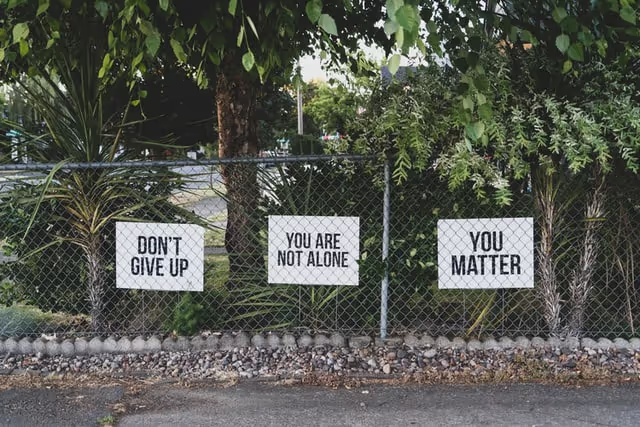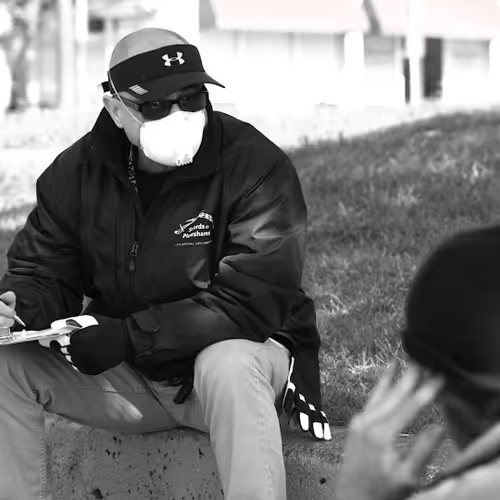Trauma can have both dramatic and subtle impacts on veteran interactions. Military training emphasizes control and traumatic events embody loss of control. These experiences have a profound impact on individual veteran identity—as a warrior, a professional, and a capable person in charge of their lives and relationships. Therefore, it is important to recognize past trauma and do what you can to restore control and predictability in your client interactions.
TRAUMA CAN MANIFEST IN ALL ASPECTS OF THE VETERAN’S LIFE
A traumatic event can be just the start of a series of de-stabilizing events. For example, a study of veterans separated from the military as a result of acquired mild traumatic brain injury showed the experience of unplanned, involuntary separation from the military was universally perceived as a crisis equal to the injurious trauma itself. Cognitive, behavioral, and physical changes can instigate lifelong hurdles for the veteran to manage in interpersonal, professional, and everyday interactions. Symptoms of PTSD and TBI, including depression, self-isolation, anger, mood swings, and physical pain are themselves barriers to care.
SEPARATE THE TRAUMA FROM THE VETERAN
The first step is to distinguish the veteran from the trauma they have experienced. The two are mutually exclusive. Using the term “victim” is counter to what is a “warrior.” Use person-centric terms and say “veteran who has experienced a trauma,” not a “traumatized veteran.”




.avif)




